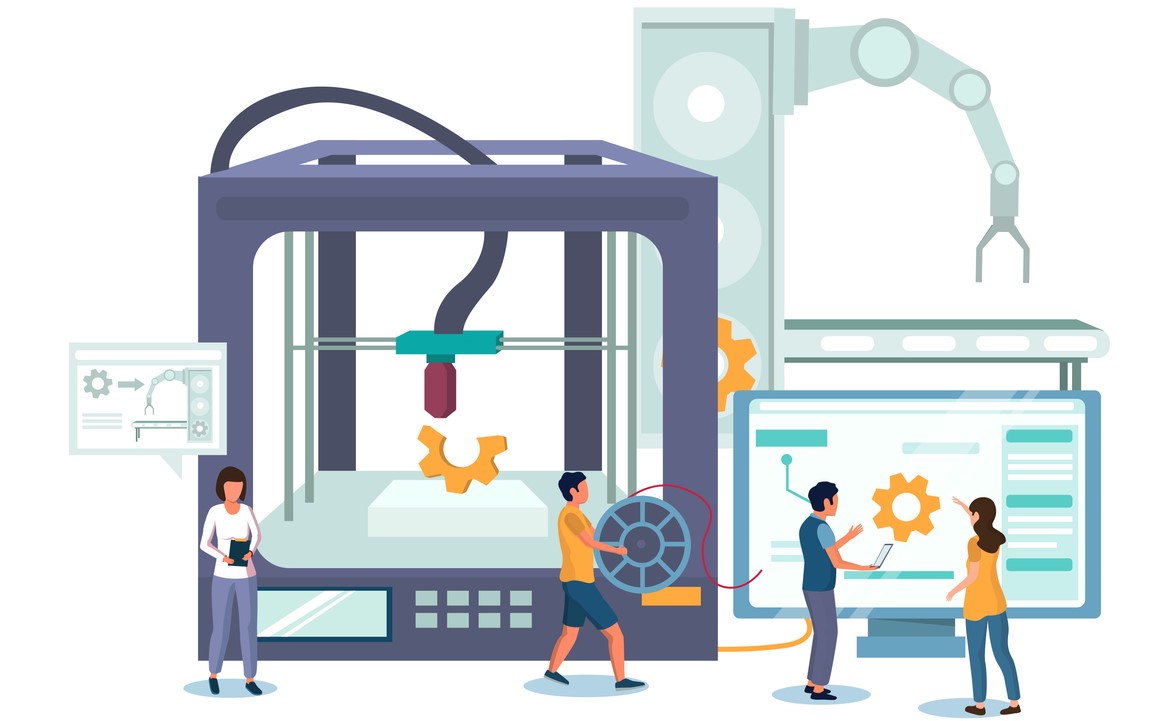There is a lot happening at Canada’s polytechnics. Our blog offers perspectives on the exciting work underway on campuses and in Ottawa. Do you have a polytechnic story to tell? Share it with us!
A new era of healthcare training: the 2021 applied learning model at Seneca
Providing learners with the practical experience and skills to excel in their industry is a key strength of Canada’s polytechnics. In the healthcare field, this applied approach prepares graduates to interact with patients. While restrictions on in-person training have eased over the past few months, safety is still top of mind in Seneca’s labs and classrooms. The challenge now is finding the right balance between hands-on opportunities and using technology to deliver substantive clinical training remotely.
Polytechnics Canada chatted with Sharon Cassar, the Academic Chair for Seneca’s School of Nursing, to find out what this looks like in practice.
Read More > “A new era of healthcare training: the 2021 applied learning model at Seneca”








